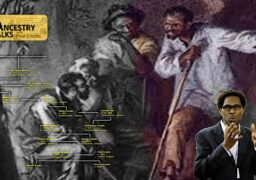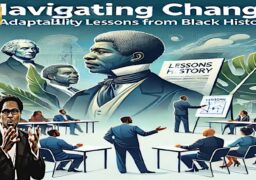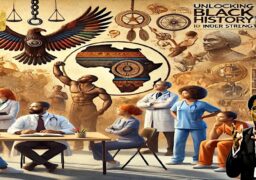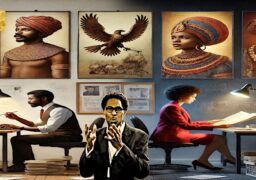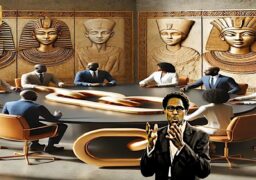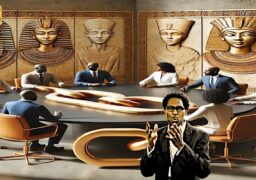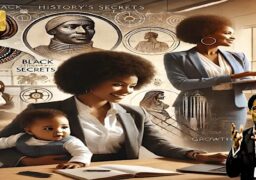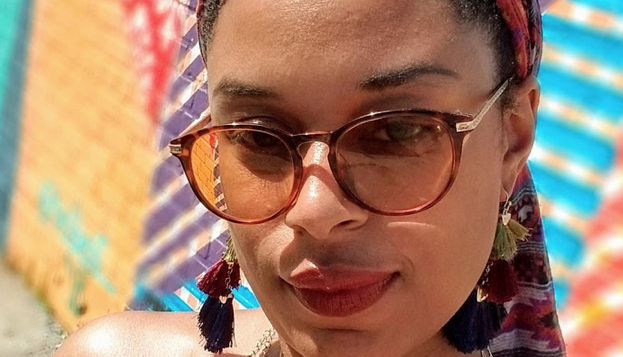
In this workshop we will explore useful concepts in the transcription of oral history to help us more accurately portray the voice of our narrators. The English language is inextricably linked to a history of colonialism and has been used in the history of America to delegitimize the voices and agency of Black people (from forced illiteracy during slavery, to voter suppreersion during the Civil Rights Era, to even the halls of academia today). This workshop aims to change the way we think of the transcript as a record and the way we consider dialect and the importance of AAVE (African American Vernacular English) to recording American history and culture.
I will be looking at the CCOHR Transcription Style Guide, Margaret Walker’s Jubilee and Zora Neale Hurston’s Barracoon as well as contemporary audio and transcript samples. Participants need not read all of these, however a passing familiarity would be helpful. I encourage participants to send in examples of how these issues come up in their own work, even with narrators from other races, dialects, or languages. The ultimate question we will seek to answer together: how do we transcribe and edit the voices of Black people while balancing the importance of accuracy and feeling with the necessity for understandability?
Alissa Rae Funderburk is the Oral Historian for the Margaret Walker Center at the HBCU Jackson State University in Jackson, Mississippi. She maintains an oral history archive that, like the Center, is dedicated to the preservation, interpretation, and dissemination of African American history and culture. Previously, she created an oral history course for high school students at the Roger Lehecka Double Discovery Center and conducted freelance oral history interviews for the city of Jersey City. While completing coursework in the Oral History Masters Program at Columbia, Alissa Rae served as the Deputy Director of the Columbia Life Histories Project alongside its co-founder Benji de la Piedra. Her interests include the studies of race, culture and religion, particularly those of the African diaspora, her OHMA thesis having been on the religious and spiritual experiences of black men in New York City.

